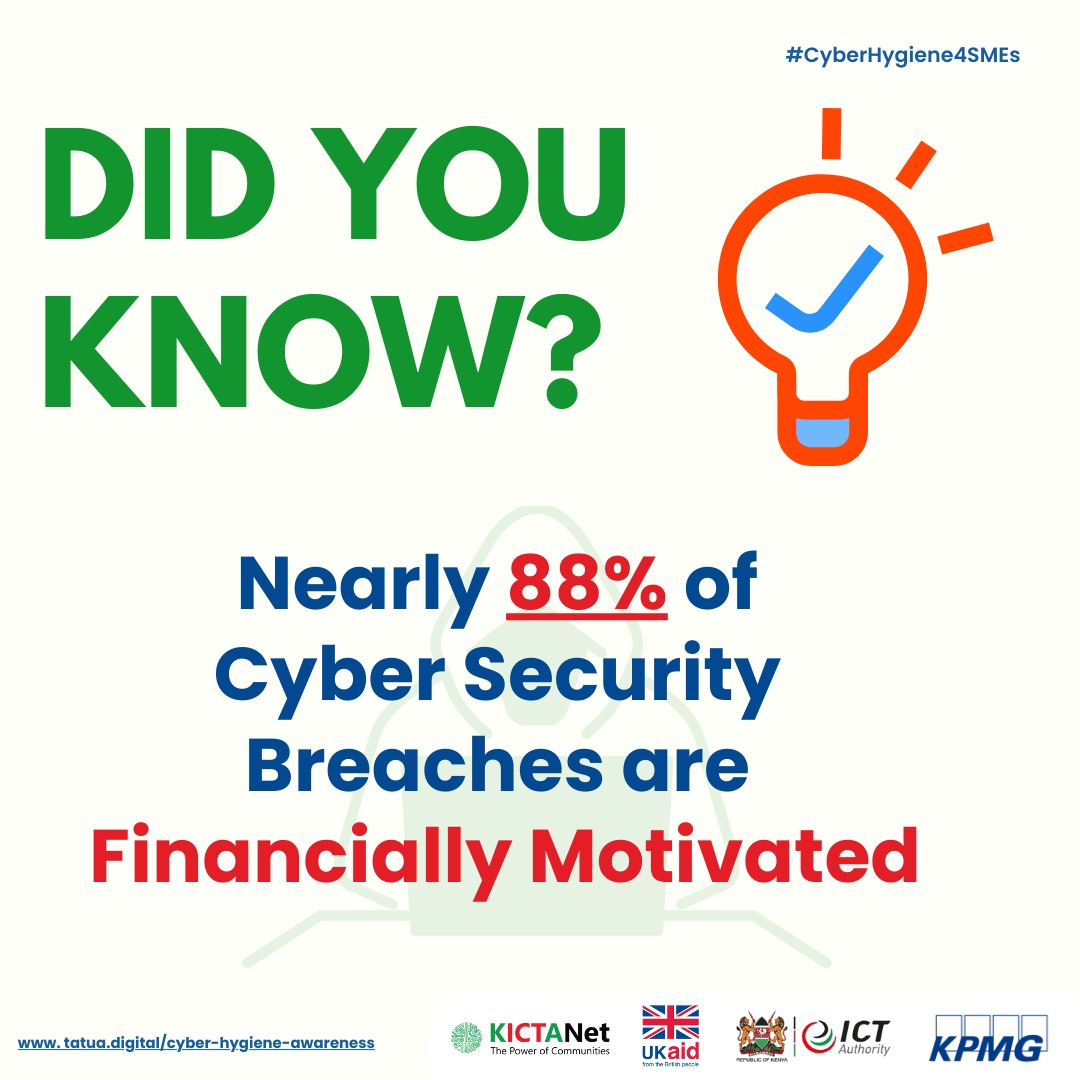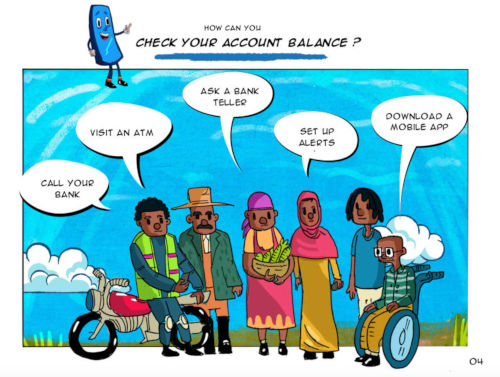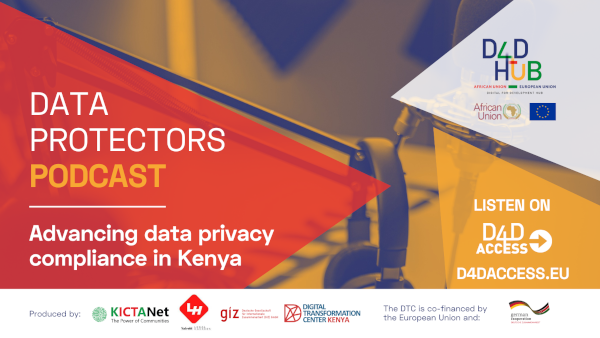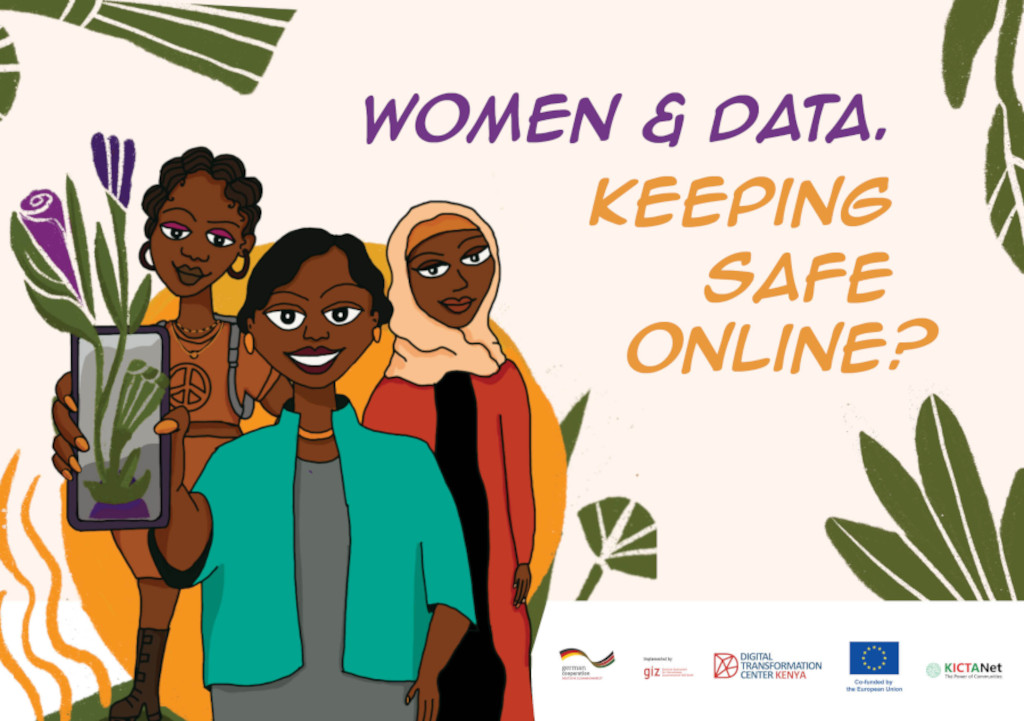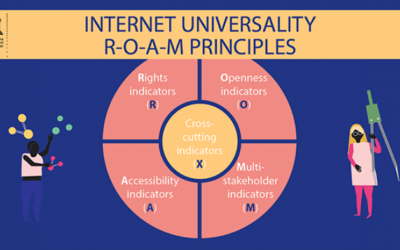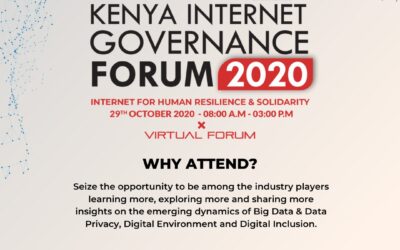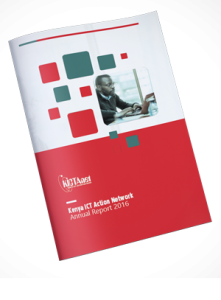KICTANET POST : Latest news, events & opportunities
KICTANet submission at the ITU Council Working Group on International Internet-related Public Policy Issues
KICTANet presented at the ITU Council Working Group on International Internet-related Public Policy Issues (CWG-Internet). Our submission is available at the ITU website. This Council Working Group was established in 2010,​ in accordance with Resolutions 102 and 140...
5G Policy Brief. Which way for Kenya?
KICTANet has published the 5G Policy Brief for Kenya. The objective of this study is to establish Kenya’s preparedness to deploy fifth-generation wireless networks (5G). The study reviews the historical progression of mobile networks through to the current 5G mobile...
My reflection on Kenya School of Internet Governance and working in Post Covid19 era
By Peter Mmbando, KeSIG and KeIGF Fellow 2020, from Tanzania. As the year 2020 draws to close and we prepare to welcome the year 2021, I share my reflections on the KeSIG and KeIGF 2020 as the first virtual events hosted in Kenya that engaged Multistakeholders from...
Assessing internet development in Kenya: using UNESCO’s Internet Universality ROAM-X indicators
Over three years, UNESCO has developed a framework of Internet Universality ROAM-X Indicators, using a global, open, inclusive and multistakeholder process that tapped the world’s wisdom. The result is a research instrument that contains 303 indicators (109...
My First Virtual School Experience at KeSIG
By Rebeccah Wambui. The insistent message to “do something meaningful with your time†during the unprecedented, at least in our generation, the covid-19 pandemic period had taken its toll on me. So in a typical millennial style, I did nothing meaningful in protest...
Kenya IGF Week 2020
KICTANet together with partners Safaricom, Facebook, APC, KHRC, Communications Authority of Kenya, CIO, and KeNIC is holding the first virtual Kenya IGF on 29th October 2020. The Kenya IGF is preceded by the Kenya School of Internet Governance (KeSIG) in what is...
Zenzeleni- A community owned and operated ISP.
This is part of our series of blogs on Community Networks. Zenzeleni was set up in 2012 by two friends, a University of the Western Cape (UWC) doctoral student; Carlos Rey Moreno, and a local community activist; Masibulele ‘Jay’ Siya. It started as a local...
ICTs at Crawling Stage in Counties, Study Reveals
By Kelvin Kariuki. A recent study conducted by the Kenya ICT Action Network (KICTANet) in collaboration with the ICT Authority (ICTA) that focused on the adoption and maturity levels of ICTs within counties as envisioned in the ICT Roadmaps has revealed that most...
Pamoja Net – Community Network with GSM telephony
This is part of our series of blogs on Community Networks. Ensemble Pour la Différence (now La Différence) started in 2014 in response to the lack of a social business incubator for entrepreneurs in the Eastern Democratic Republic of Congo. It became a...
KICTANet is a multi-stakeholder Think Tank for ICT policy and regulation. The Think Tank is a catalyst for reform in the Information and Communication Technology sector. Its work is guided by four pillars of Policy Advocacy, Capacity Building, Research, and Stakeholder Engagement.
KICTANet’s mission is to promote an enabling environment in the ICT sector that is robust, open, accessible, and rights-based through multistakeholder approaches.
During the 2022 – 2024 strategic period, KICTANet has prioritised the promotion of effective multistakeholder participation; an enabling legal, policy and regulatory environment; building capacities and empowered communities; and institutional strengthening. KICTANet’s guiding philosophy encourages synergies in ICT policy-related activities and initiatives. As such, the network provides mechanisms and a framework for continuing cooperation, engagement and collaboration in ICT matters among industry, technical community, academia, media, development partners, civil society and government.
_____
Strategic Priority.
- Convening power. To strengthen and promote engagement, collaboration and relationships with relevant stakeholders (state, business and non-state actors).
- Promoting an enabling environment. To catalyse policy, legislative and regulatory reforms in the ICT sector.
- Building capacities and empowered communities. To build the capacity of the stakeholders across government, business society and civil society and the citizens.
- Institutional strengthening.
The report outlines the work undertaken in between 2007 and 2016 which is underpinned by crowd sourcing and community engagement
Click here to download the report
FACTS AND FIGURES
Achievement of the Network over the Years
Publications
Thought Leadership Forums
Persons trained
Policy Interventions
Conversations in KICTANET listserv
Active listers contributing often
Different conversation threads
Impressions on ICT policy discussions
Our Pillars
KICTANet’s organisational strategy:
Policy Advocacy
Capacity building
Research
Stakeholder engagement
We facilitate stakeholder engagement through collaborative initiatives in face-to-face Town Hall meetings, and in the KICTANet?s interactive mailing list where multiple stakeholders engage regularly on ICT policy issues.


